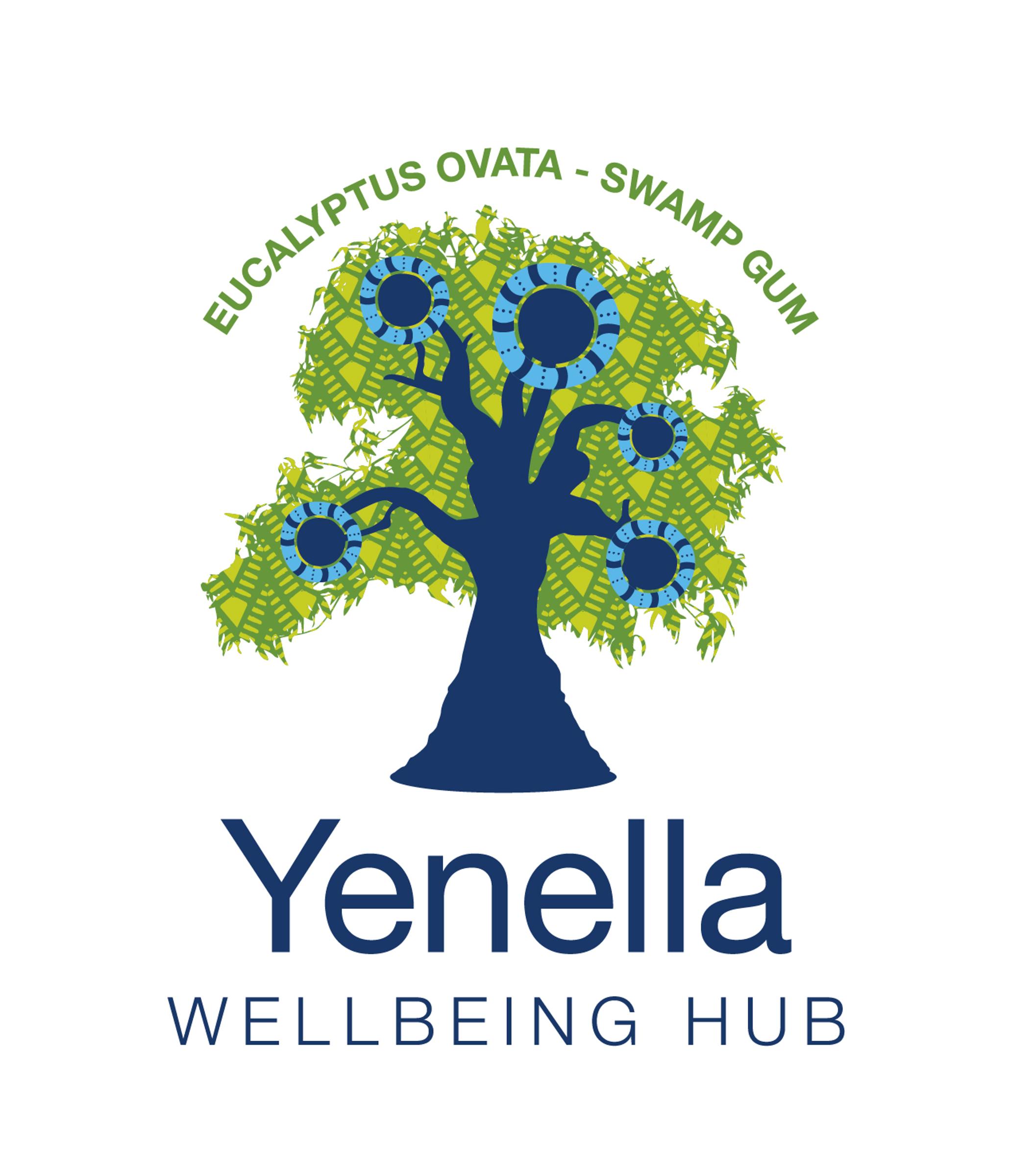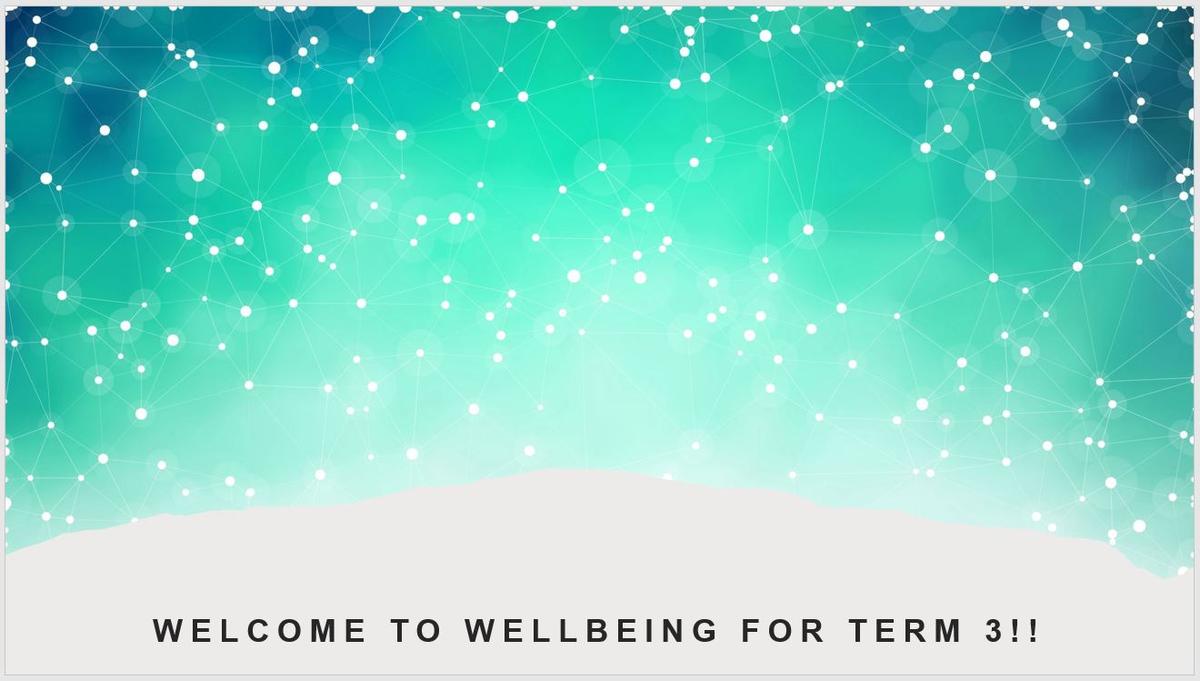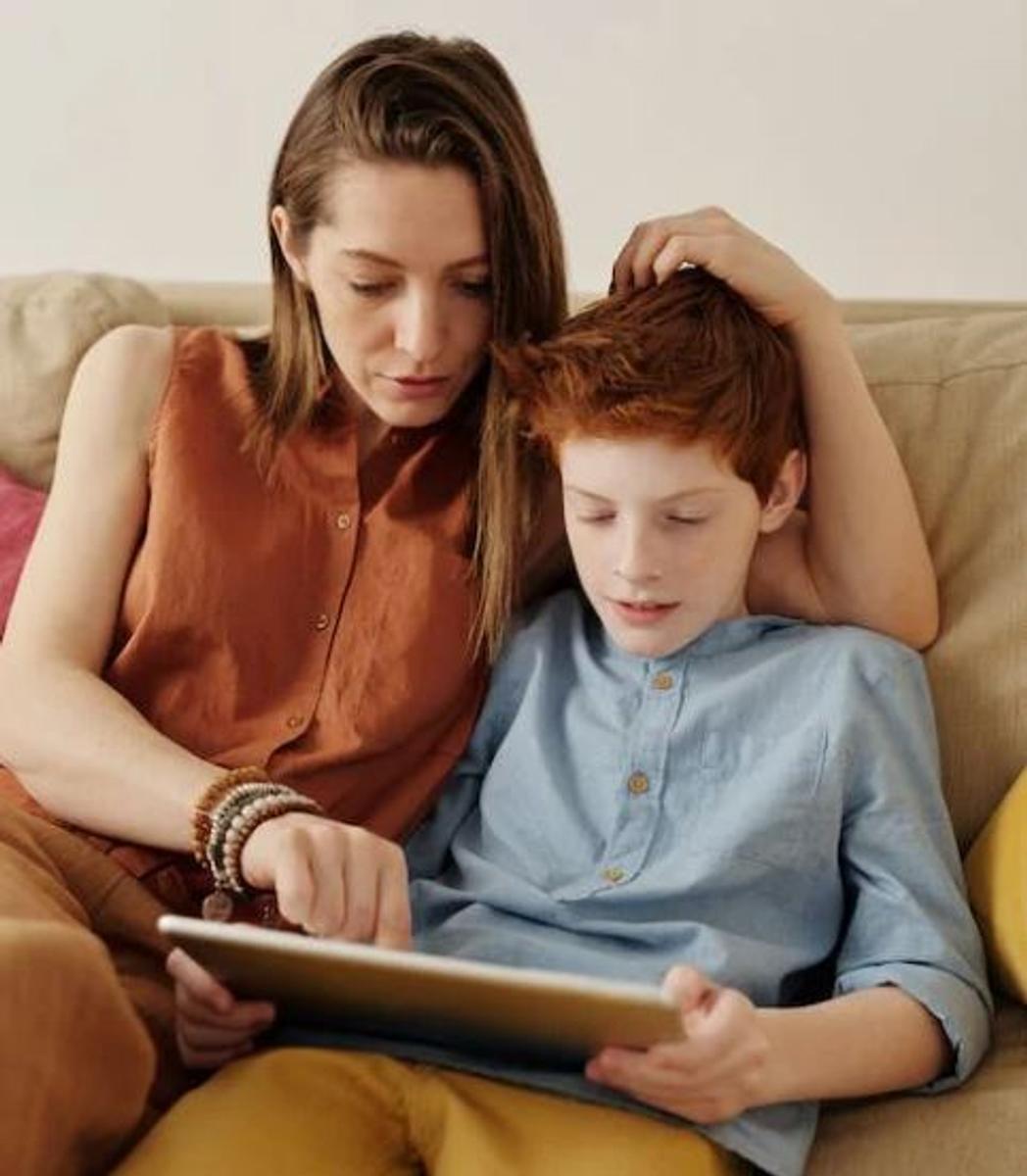Wellbeing

The Student Wellbeing Team provides support for students and the wider school community, advocating for students and encouraging and promoting positive social, emotional and educational outcomes. We work in close collaboration with all teachers, Hubs and families, in addition to liaising with external community support organisations. Specific services/programs offered within the Wellbeing space include:
ONE ON ONE COUNSELLING (via Hub referral)
BREAKFAST AND LUNCH PROGRAMS
With food generously donated by Food Bank, Wellbeing offer breakfast and lunch daily to all students. Breakfast runs from 8.00 am - 8.30 am, whilst hot lunch is served during Break 1 from 10.57 am to 11.20 am
SCHOOL NURSE and CHARLIE the DOG
College nurse, Sophie Brown, along with school dog 'Charlie', help promote student health and wellbeing within our College. Sophie facilitates small group programs for students across all year levels, engaging with leadership and teachers to run health- related programs within our College. Sophie is also available to any student who may require support or assistance with any physical, personal or social development issues that may be of concern. Sophie is here at our College every Thursday and Friday, closely shadowed by Charlie, who provides genuine therapeutic support to students interacting with him. He is the very happy recipient of many pats and cuddles throughout his workday at the school.
DOCTORS in SECONDARY SCHOOLS (DiSS)
Bairnsdale Secondary College is in partnership with the DISS program, which allows all enrolled students to access a qualified doctor and nurse in a dedicated clinic located on school grounds. Operating through Gippsland Lakes Complete Health, the service is available one day a week on Wednesdays. There is no cost to the student or parent/carer for this service and confidentiality is maintained at all times. To access this service please contact Jayne in Wellbeing or the relevant Hub to book an appointment. Parents/carers are also able to attend.
AOD (Alcohol & Other Drugs) YOUTH OUTREACH SERVICE
Managed through Gippsland Lakes Complete Health, a qualified AOD Youth Outreach worker visits the College once a fortnight and is available to meet with any students who may be seeking counselling or assistance with withdrawal/reduction of alcohol and/or other drug use.
GEM MENTORING PROGRAM
The Wellbeing team manage referrals to the GEM (Gippsland Engaged Mentoring) program, which provides an opportunity for young people who may be ‘at risk’ of disengagement with school or community, to connect with adult mentors who provide friendship, support, and conversation for one hour a week. The aims of the program are to; increase self-esteem and confidence, improve relationships with peers and family, reduce feelings of isolation and support a sense of belonging, promote connectedness within local communities, improve school retention and attendance. To find out more about this program, please contact Jayne in Wellbeing.
RAINBOW CONNECTION GROUP (LGBTQIA+)
All year levels welcome! Meet LGBTQIA+ peers, friends and allies and find out what's happening in the community. For more information, see Alara or Sophie in Wellbeing.
YEAR 7 HANGOUT GROUP
A dedicated hangout group for Year 7 studnets, these sessions are held during Break 1 every Thursday at the Year 7 Hub. Spend time with School Nurse, Sophie, and Charlie Dog, take part in the activities offered or simply chill out and make some new friends!
ParentZone Gippsland is run through Anglicare Victoria, offering all parent/carers a chance to develop and strengthen parenting skills and create positive change in their family. Are there areas of your parenting you would like to learn more about or do differently? Do you feel like you’re constantly facing parenting challenges or struggling in your relationships at home? ParentZone may be able to support you with strategies and education that can be easily transpired from a learning space to living space. ParentZone run education and information sessions online - all programs are FREE but bookings are essential. Upcoming course below:
Surviving Separation
Are you finding it difficult navigating your children's feelings and behaviour after separation? Come along, learn some skills to assist you and your children to build strong connections and chat with other parents in similar situations. Would you like to:
- Learn how to best support your children through separation?
- Learn ways to better deal with your emotions and theirs?
- Build communication skills for the future, for yourself and your children?
- Develop strategies to manage your children's behaviour
Dates: Thursday 20th July - 23rd August
Time: 10:00am - 12:00pm
Venue: Online via ZOOM
Cost: FREE (Bookings essential)
Register by contacting parentzone.gippsland@anglicarevic.org.au or 5135 9555
-------------------------------------------------------------------------------------------------------------------------------------Self Care for Parents and Carers
Are you feeling burnt out and overwhelmed by everyday tasks? Self-care can sound like a simple thing to achieve however are you stuck with where to start? Making time for self care looks at:
- Strategies for feeling less overwhelmed
- Improving your confidence and self-esteem
- Building resilience and setting boundaries
- Making time for yourself and your family
When: Friday 4th August, 2023
Time: 1:00pm - 3:00pm
Where: On line via ZOOM
Cost: FREE (Bookings essential)
For bookings contact parentzone.gippsland@anglicarevic.org.au or 5135 9555
BUILDING A RELATIONSHIP WITH YOUR YOUNG PERSON
Watching a child you care about grow into adulthood can be a rewarding experience.
You get to see them develop their own opinions, cultivate new skills and engage with the world more deeply. But for some young people, these rapid changes can be challenging.
Why is the relationship with your young person shifting?
What a young person may need from a parent or guardian changes as they grow and develop. When children are younger they need a lot of assistance and direction with many of their daily tasks. But as they enter adolescence young people need to make more decisions on their own, and this can be a challenging transition for the adults who care for them.
Common challenges for young people entering adolescence
Things are changing in many domains of a young person's life as they move through childhood and into young adulthood. There are physical changes but there are also social, emotional and behavioural changes, and their brains are changing too.
Increased conflict
Conflict can be common during this time. Young people are going through the process of building their independence, which includes negotiating some challenges and situations for themselves for the first time. This can often include some mistakes along the way, which may be frustrating to watch. You might have certain ideas and goals in mind for their future but these could be very different to what your young person wants in life.
Strong emotions
Young people may experience more moodiness, irritability or frustration, and they can often feel strong emotions. They might also express their happiness, sadness, love, fears and anger with more intensity than before.
Risk taking and pushing boundaries
It’s normal for young people to take risks and push boundaries. It can be an important part of becoming independent young adults – creating their own identity and having a need for independence. It can include staying out late, experimenting with alcohol and other drugs, or dressing in ways you don’t approve of.
HOW TO SUPPORT YOUR YOUNG PERSON THROUGH TOUGH TIMES
Provide a safe, secure and loving environment
All young people need a safe place to call home, where they can be themselves and feel relaxed and valued. A supportive family can make a big difference to how well a young person adjusts to the challenges of adolescence. Finding ways to remind your young person how much they’re loved becomes even more important if conflict becomes more common. It’s important that they know you’re there for them and are available to hear their concerns and issues.
Spend quality time together
Prioritising quality time together is always important. It maintains a positive connection and keeps the door open for meaningful discussions to happen. Showing interest in things your young person is interested in and finding activities you can do together helps build and maintain strong relationships.
Talk early and often
Conversations with young people aren’t always easy. Picking a suitable time can help. Find a time when your young person is happy and relaxed, not when they are tired, irritable or when there has been recent conflict. Most young people respond better to informal chats. Try having smaller conversations more often. You could find an activity you both enjoy and engage in conversation then. A chat while driving or walking can also help your young person feel more comfortable – try to avoid sitting face-on as it can make it harder for people to open up and feel relaxed.
Hear them and see things from their perspective
Be alert to times when your young person is trying to talk with you and take the time to understand what they want or are trying to communicate. Be empathic to their situation and concerns. Listen openly and attentively. Like all of us, young people need to feel heard and understood.
HOW TO SUPPORT YOUR YOUNG PERSON DURING TOUGH TIMES
Young people can sometimes become overwhelmed by the intensity of their emotions and may not have yet developed the skills to manage them. A young person’s brain is a very active place. The parts of the brain that control feeling are firing up, but the parts that help them to think, calm down, control impulses and cope with feelings haven’t yet fully developed. Knowing how to respond when your young person is experiencing intense emotions can help.
Validate without judgement
Offering validation of your young person’s emotions helps ensure they feel heard and understood. For example you could say ‘you seem really sad’. Most people struggle to think things through rationally when they’re feeling an intense emotion. This is especially true for young people. Times of intense emotions are not the ideal moments to teach a valuable lesson. Instead, offer validation and allow things to calm down. No matter the situation, it can help to take a deep breath before you respond. This will also show your young person how to react when their emotions are intense.
Set clear boundaries and expectations
Having clear boundaries helps young people feel safe and it teaches them that their actions have consequences. However, it can sometimes be tough to set these boundaries without creating conflict. ‘Natural consequences’ can help. For example if your young person loses a valuable item you could ask them to replace it themselves. Doing this with empathy is important – be supportive but avoid bailing them out. Providing options can also help when conflict arises. For example, if your young person wants to go to a party you could discuss curfews and provide different options for them getting home safely. You might seek their input on what they think is fair. Including your young person in the decision-making can help them to feel heard and understood.
Respect their privacy
Giving your young person some space and privacy shows that you trust them. Think about what you really need to know in order to keep them safe. You might need to know where they are but not what they have discussed with their friends. Resist the urge to go through their belongings unless you have safety concerns.
De-escalating conflict
Notice when things have gotten heated. Take a step back and allow both of you the chance to calm down. Suggest you take some time apart and then come back when you are both feeling calm. Take a ‘you and me versus the problem approach’ and remember to choose your words carefully – harshly spoken words can’t be taken back and can cause lasting hurt. Listen and validate your young person’s feelings. Try tagging in another adult if you find that you’re continuing to clash.
Repair when things don’t go to plan
There will always be times and conversations that don’t go according to plan. Take the opportunity when things are calmer to apologise and reconnect. Connection is key to building a healthy and ongoing relationship with your young person.
Access further help and support:
https://www.parentline.com.au/
https://raisingchildren.net.au/teens/
https://parents.au.reachout.com/
Article credit #Headspace



